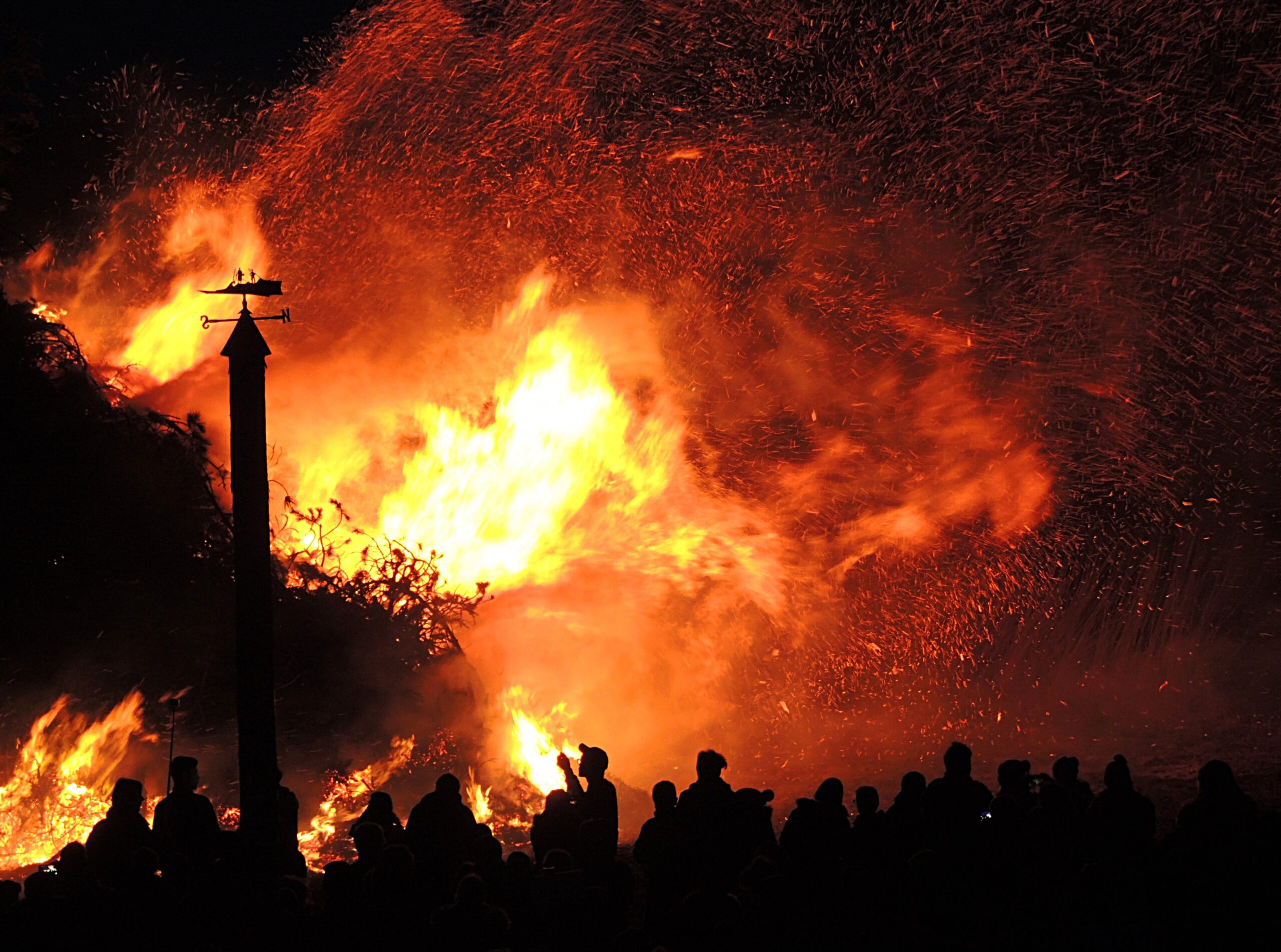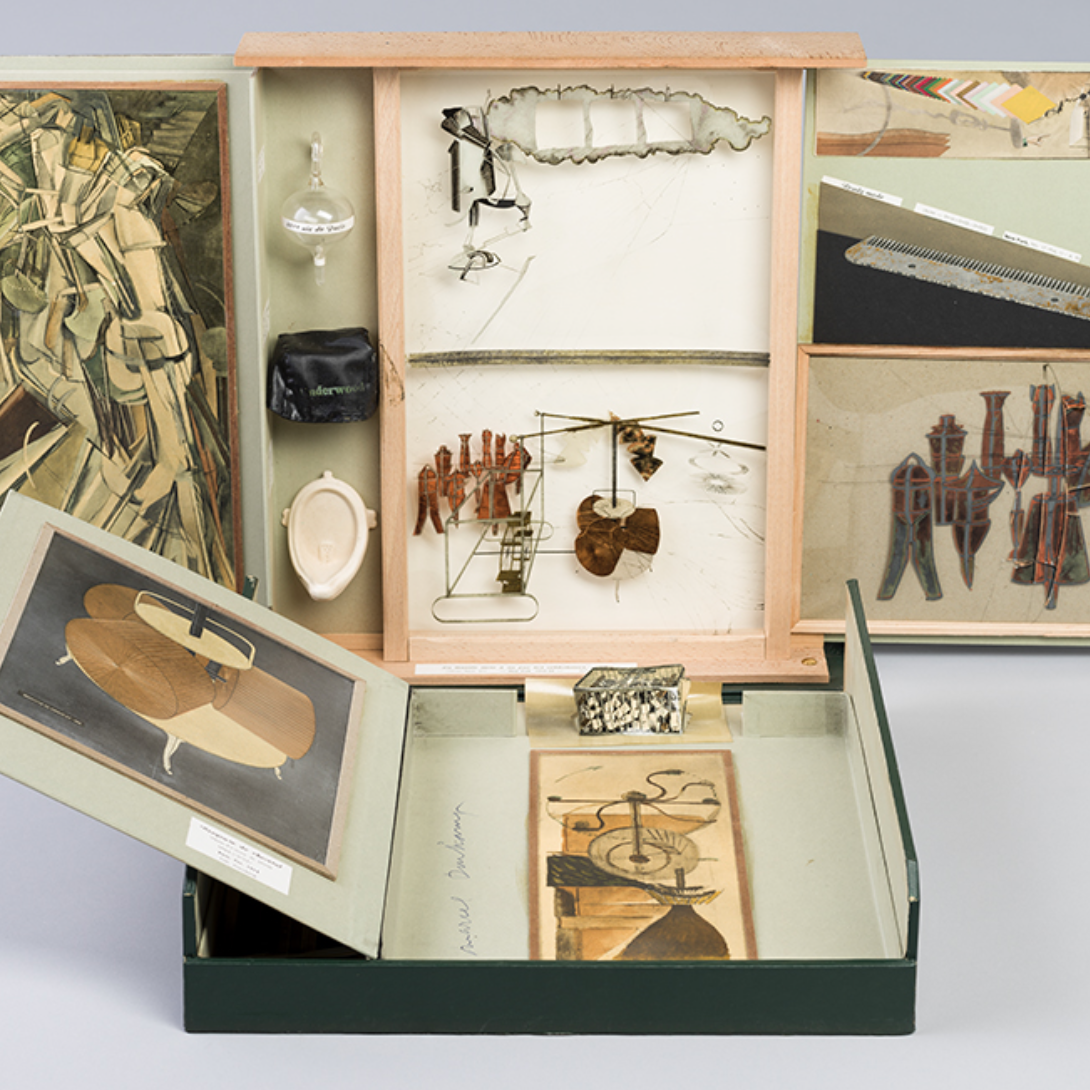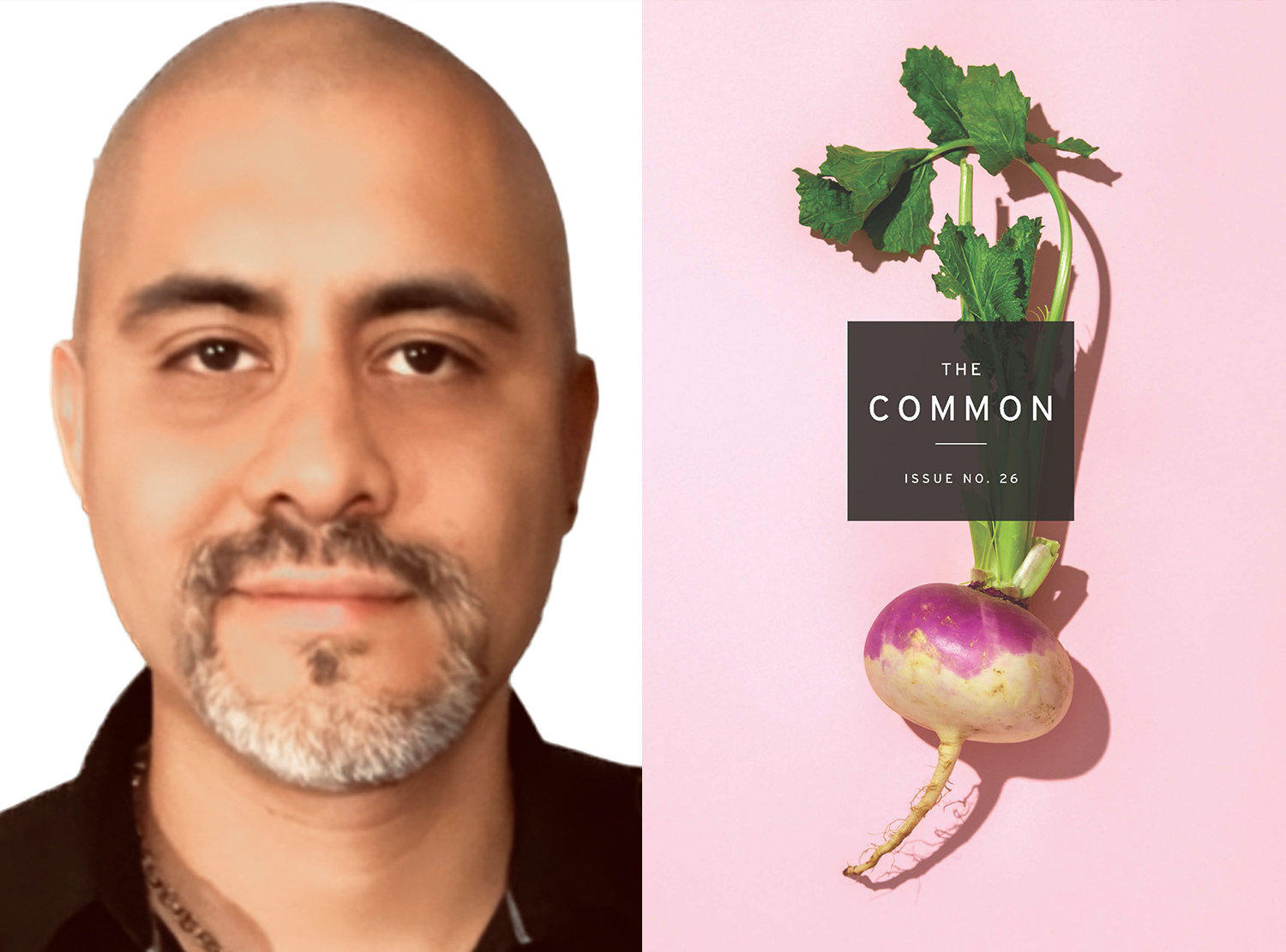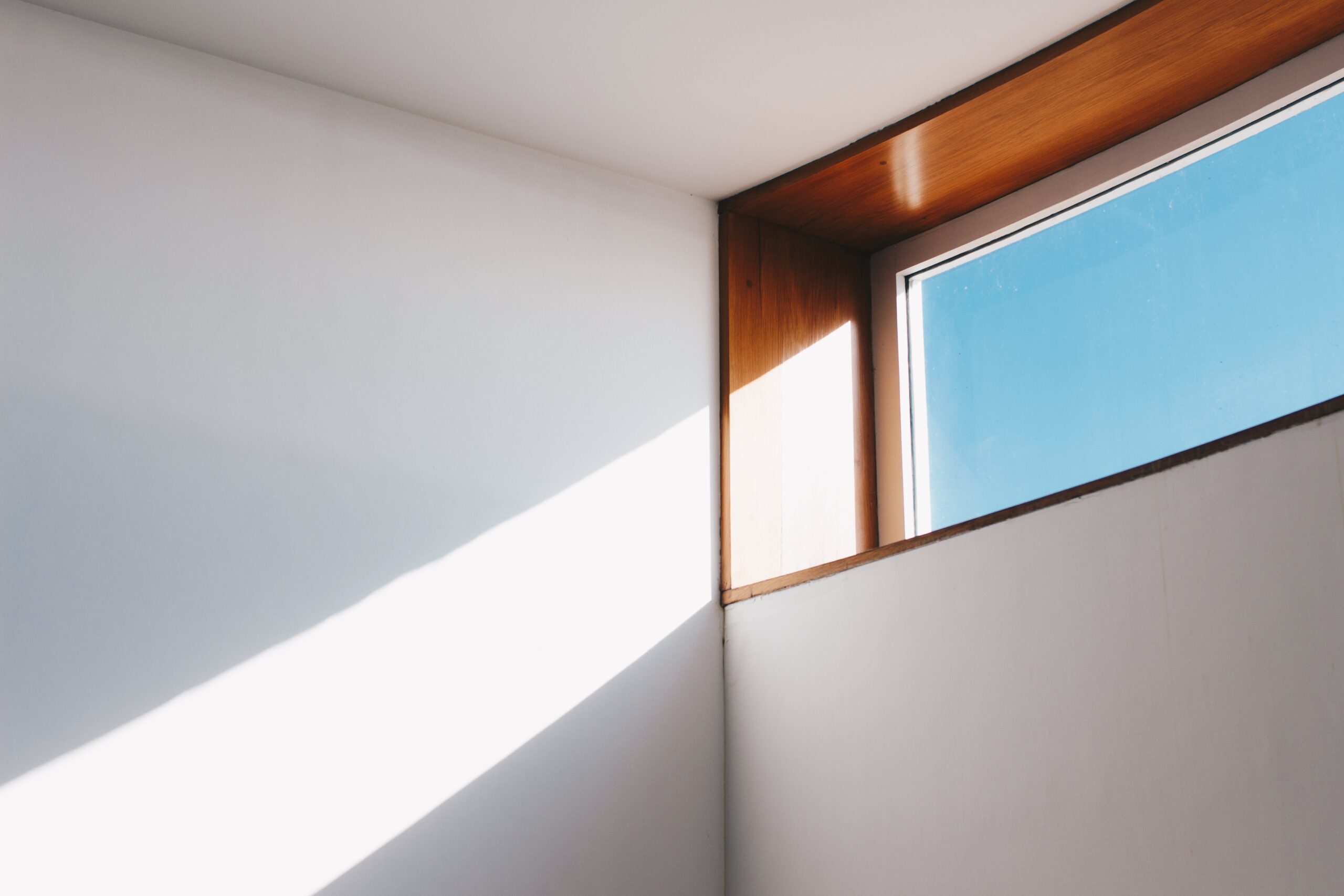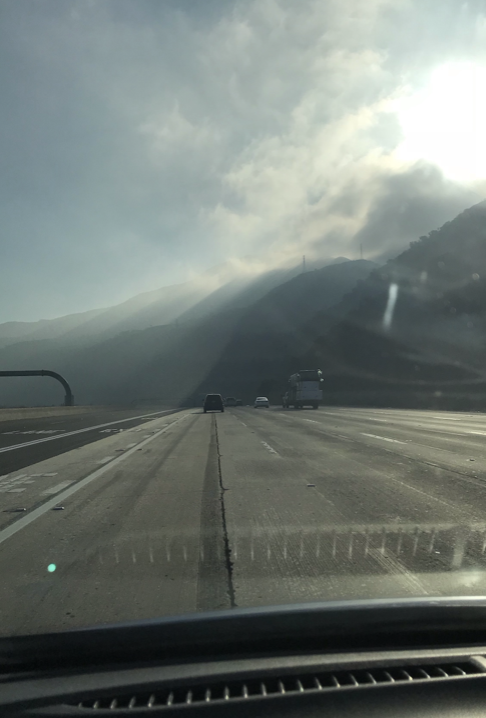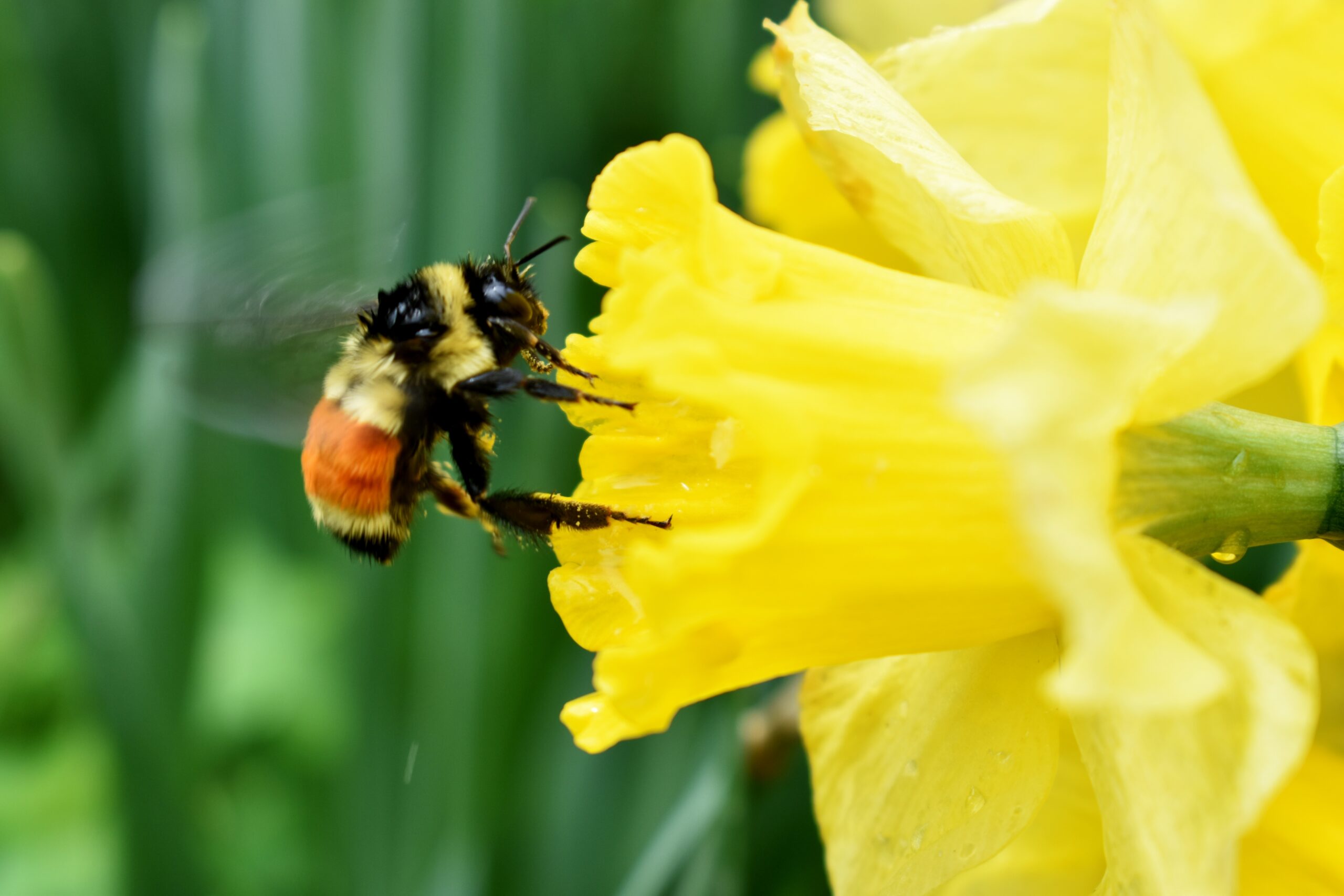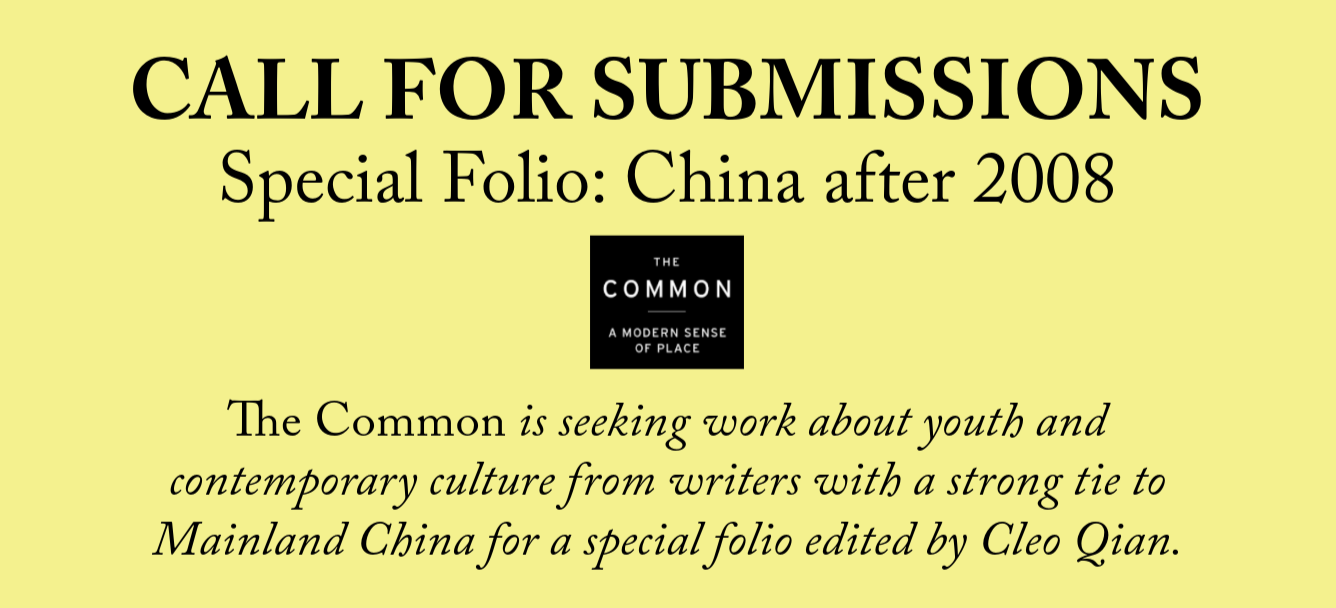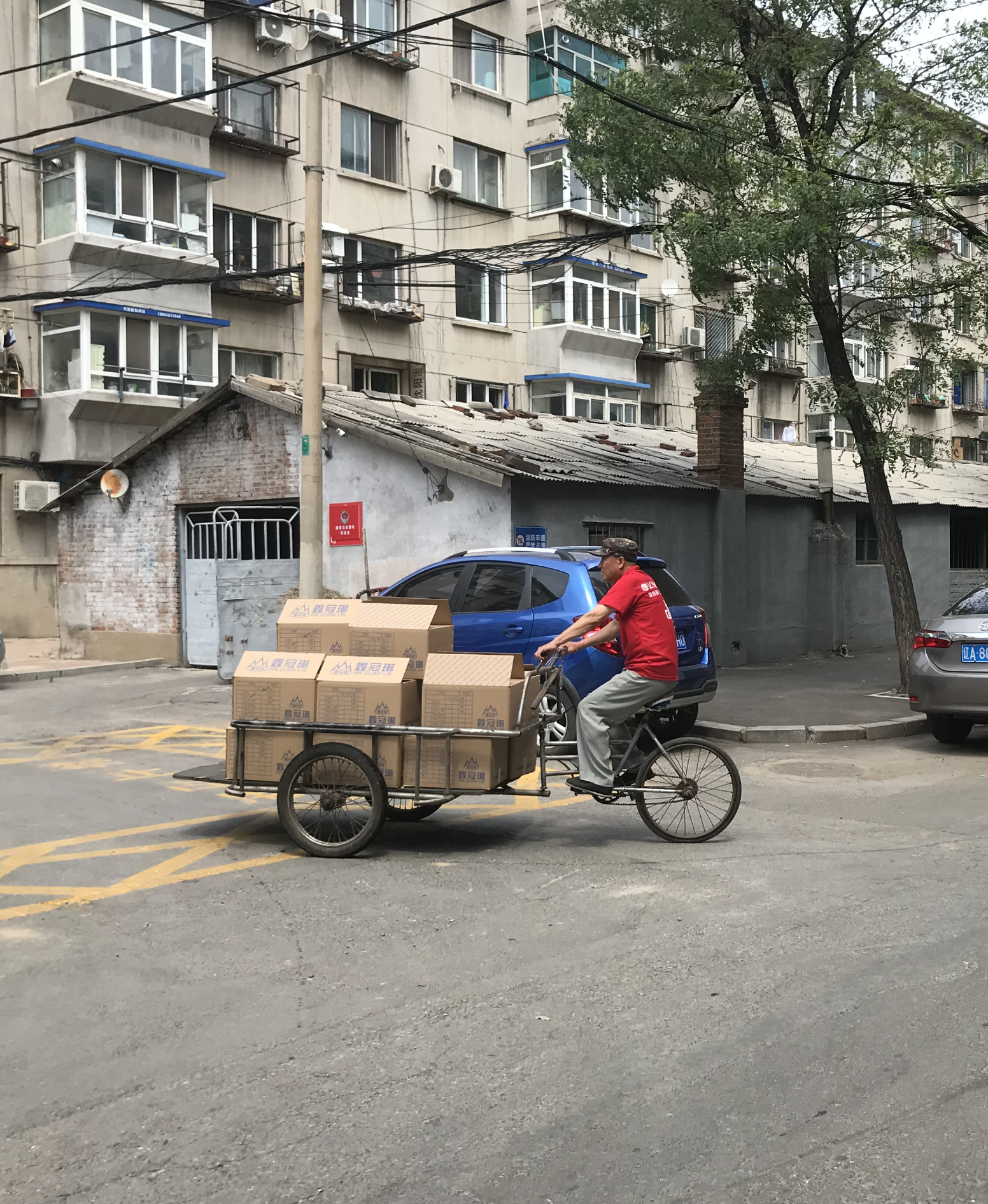By TONY HAO
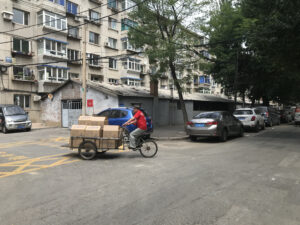
I wore a cream-white scarf and sat on a plastic stool… Behind me were residential buildings, NE Pharm’s apartments, windows caged behind iron lattices. From a distance, the buildings looked like a prison. Wilted leeks and cabbages were piled neatly on the windowsills: old people definitely lived there. Those cargo three-wheelers we call ‘reverse donkeys’ were chained to the rails in front of the buildings. I sat in the sun in front of the wall, my face hurting from the cold wind.
– from “Free and Easy Wandering,” by Dongbei writer Ban Yu. Translated from Chinese by me.
Literature was my introduction to Dongbei, or Northeastern China, and its capital city Shenyang. I stumbled upon its ongoing literary movement “The Dongbei Renaissance” in 2020, when I was stranded at home during the pandemic. Before then, I’d known Dongbei as Father’s birthplace and China’s industrial center. After reading my first Dongbei book, I found myself shaken by Dongbei’s history and the collective trauma of its economic collapse. Since the 1990s, China’s capitalist reform has obliterated the livelihood of millions of state-employed workers. The proletariats who built their country suddenly found themselves kicked out of their factories into a new identity: penniless unskilled social outcasts. They never imagined being abandoned by their government, which, proclaiming communism, promised every worker prosperity.
Father left Dongbei in 1973 when the state moved Grandpa’s work to Beijing, the metropolis I was born in. I couldn’t imagine what my life course would’ve been had Grandpa remained up north. As an aspiring writer and literary translator, I felt the urge to bring Dongbei to a wider audience. In the summer of 2021, after translating Ban’s 42-page story, I traveled to Shenyang for a literary pilgrimage.
My 38-year veteran cab driver Mr. Wu introduced himself by showcasing his knowledge of Shenyang’s narrowest streets without needing a map. As we drove along Qingnian Dajie, the ten-lane boulevard connecting the airport to downtown, the landscape of boundless poplar trees and crop fields was slowly replaced by newly constructed residential compounds. Mr. Wu pointed out to me the luxury apartment of Zhao Benshan, Dongbei’s most iconic comedian. I told Mr. Wu that I was an English and journalism student interested in Dongbei literature. Mr. Wu told me what the pre-collapse 1980s was like and which cultural landmarks I should visit. I asked him how I could see the old Shenyang portrayed in literature. “You won’t be able to find the old Shenyang anymore,” he said, “the time has completely changed.”
An intense feeling of unfairness gnawed at my heart as Mr. Wu drove me by the glamorous apartment buildings. They erased the city’s impoverished past but in no way offered an extravagant present available to everyone. I decided that even if I couldn’t find Shenyang’s past, at least I’d like to see a reverse donkey.
Reverse donkeys are tricycles unique to Dongbei. Unlike normal tricycles with the passenger’s seat in the front, reverse donkeys have the rider seated above one back wheel and a large freight container installed above two front wheels. Reverse donkeys are usually associated with high-intensity, low-skilled labor. Middle-aged riders squeeze their way through the narrowest lanes in old neighborhoods, hauling cargo loads taller than themselves, making only about ten dollars per ride.
The next morning, I rode a bike through the old industrial Tiexi District, where “Free and Easy Wandering” is set; the names of many roads there still contain the character for ‘workers’ (Gong, 工). On the west side of the eight-laned “Protecting-the-Workers North Street” (卫工北街Wei Gong Bei Jie), concrete apartment buildings soared into the clouds, waiting for windows to be installed. In front of the apartment buildings under construction, a blue metal framework proudly displayed the names of a real estate company, a construction company, and the effusive yet literary name of the future neighborhood: “The Majestic/Honorable Passage-of-Time” (御时光Yu Shiguang). In front of the construction site, herds of Toyotas and Nissans passed, shepherded by occasional Mercedes-Benzes and BMWs.
But only two extra blocks beyond, the streets were taken over by bikes and box vans. The pedestrian pavements were soaked in barbeque-scented water flowing from the roadside eateries. Above those neighborhood venues were rows of grey apartment buildings with crumbling exterior paint and rusting window frames. The Soviet-style former dormitory buildings were built for pragmatic use and had terrible internal lighting. Inside those poorly illuminated units, pink underwear and white baggy tank tops dangled on the clothesline above wood chests, the same wood chests I had last seen in Grandpa’s old apartment. Just like Ban’s protagonist, I quietly reacted, “Old people definitely lived there.”
Dongbei sometimes exists in China’s cultural discourse as the joker, similar to the South in America. A Faulkner quote may encapsulate how I emoted on Shenyang’s streets: “The past is never dead. It’s not even past.”
Staring at the apartment buildings, I found myself self-interrogating for finding familiarity in this real-life landscape that, to me, only existed in literature. I knew this wasn’t a place I belonged. Deep down, I knew that I might be unconsciously seeking to experience a Dongbeiness of my literary imagination. I’d always been repelled by bloggers who visited construction-site workers’ lunch stands or diners, commented on the deliciousness and cheapness of the food, and intoxicated themselves in their sense of “human connections” at these places. It was inherently violent to romanticize and consumerize what, for other people, was hardship and poverty.
My literary pilgrimage exposed me to a morally delicate position. The overbaked idea of the survivor’s guilt—surviving China’s tide of history—could not entirely encapsulate what I pondered. In America, my foreign passport gave me the authority to write about China and translate from Chinese, and my family tie with Dongbei was what drove me to explore the region. But when I found myself on the steamy and mildly odorous streets beneath Shenyang’s parasol trees, I realized that I needed to acknowledge—perhaps even confront—the possibility of gazing in my process of translation. No matter how I could claim my passion and connection, I had never needed to live a Dongbei life I aimed to translate. I found myself always questioning: how have I earned the right to work on my project? How do I know I’ll be able to represent Dongbei to an English-language audience not only via literature but also through the heaviness of its history?
I eventually discovered a reverse donkey next to an old warehouse—it traversed the narrow neighborhood lanes as if a normal tricycle was moving backward. An old man wearing a red t-shirt transported a pile of cardboard boxes in the freight box in front of him. A few feet away from him was a white $150K Range Rover. I had no idea how it squeezed through the narrow lanes in the neighborhood. I remembered what Mr. Wu told me about Dongbei’s heyday in the eighties, when he drove through these same neighborhoods on holiday evenings, how people crowded onto the streets to find taxis to go to galas and parties.
The cardboard boxes wobbled on the reverse donkey. I held my breath, hoping that they wouldn’t fall and spill on the streets.
Born in Beijing and living in Connecticut, Tony Hao is a literary translator of Chinese-language prose. His translation of Ban Yu’s Dongbei fiction has appeared in Crayon, the sister magazine of British literary journal Litro. He recently graduated from Yale, where he majored in English and studied fiction writing and literary translation
